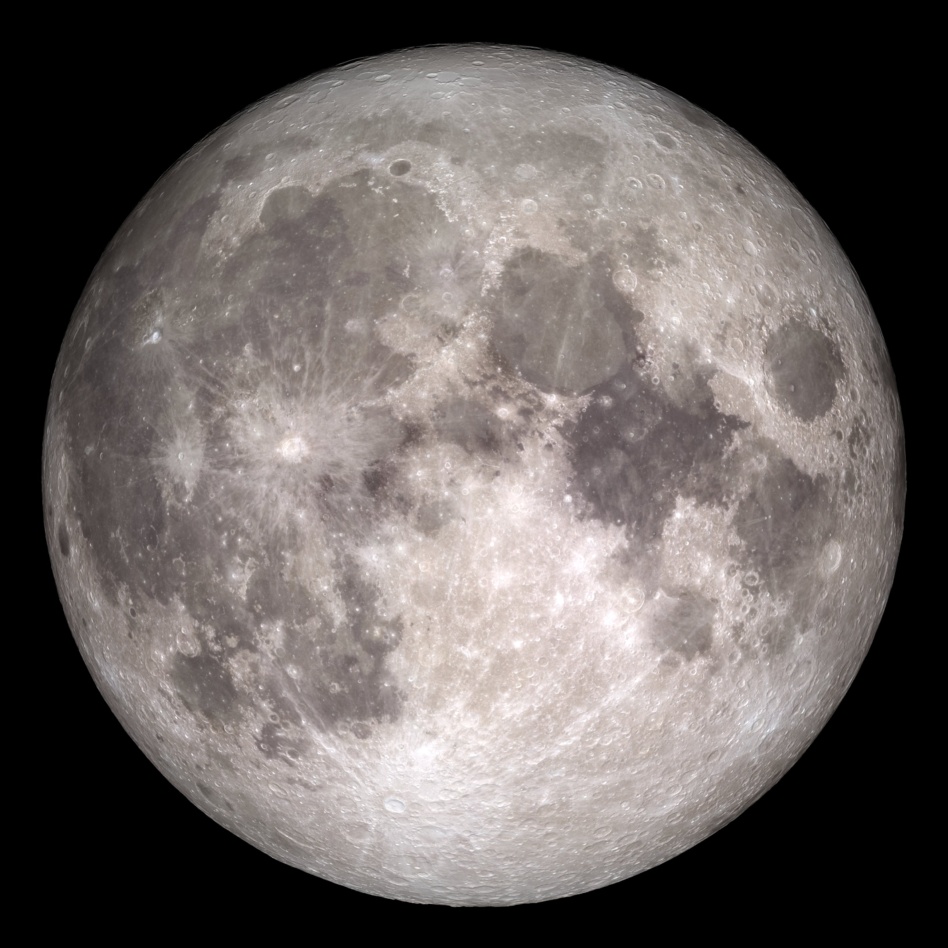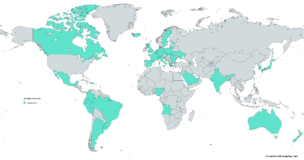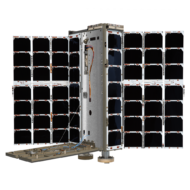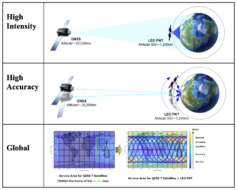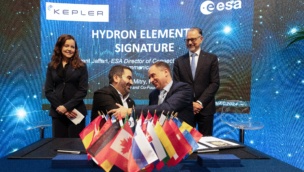The UK Space Agency will invest £7.4M ($9.3M) into joint projects with India, Japan, Canada, and the US that will pave the way for exploration of the Moon and Mars, the agency announced Wednesday.
The funding will allow British research teams to build scientific instruments for missions led by three national space agencies—NASA, JAXA, and ISRO—as well as a commercial partnership with the Japanese-headquartered lunar exploration startup ispace.
More details: The UK is the fourth largest contributor to the ESA budget. This new funding, however, will allow British scientists to develop partnerships outside of Europe. Some examples:
- A team from the University of Leicester will develop a Raman analytical spectroscope to help ispace’s landers search for resources on the lunar surface.
- Open University will receive £2M($2.5M) to develop high-performance detectors for the NASA- and CSA-backed International Mars Ice Mapper mission, which will look for accessible water deposits on the red planet.
- Researchers from Royal Holloway University will join the team working on India’s Chandrayaan-2 mission. While the mission’s lander crashed into the Moon in 2019, the orbiter is still operational, and a UK team will develop new software to analyze data the spacecraft collects about the distribution of water on the Moon.
The big picture: Overall, the UK Space Agency is contributing to seven international partnerships including three astrophysics missions with NASA and an instrument for a future Japanese Mars rover.
“These projects present an opportunity for UK science to make crucial contributions to ground-breaking global missions that will deepen our understanding of the Moon and our neighbouring planets,” Paul Bate, chief of the UK Space Agency, said in a statement.
